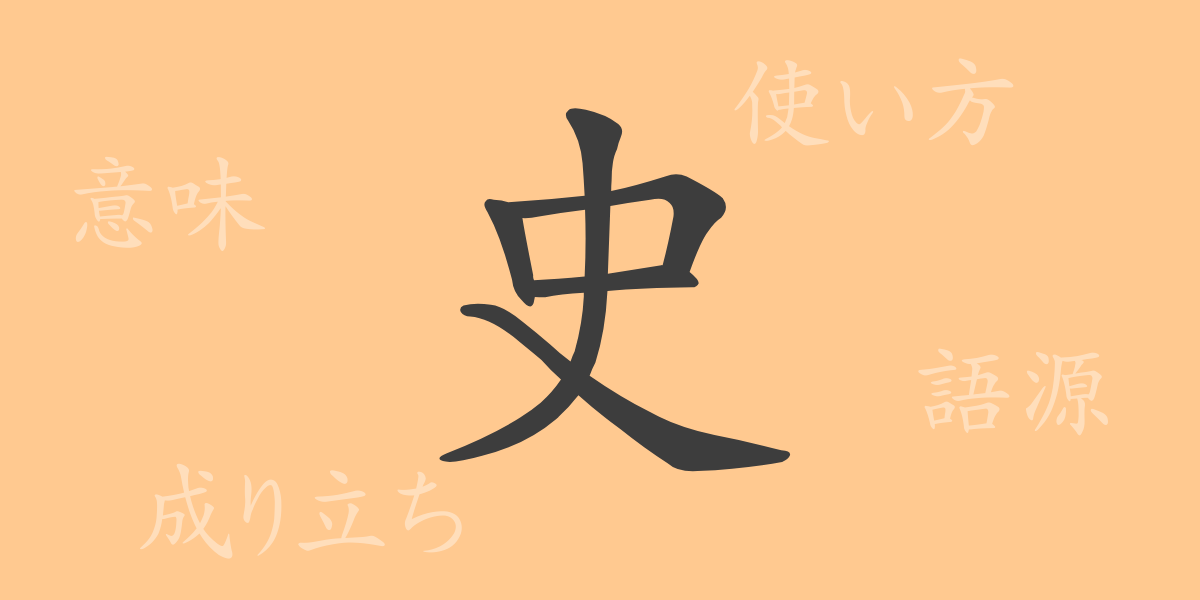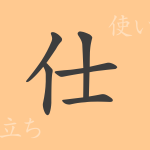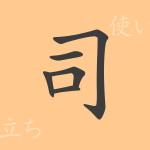Each kanji (かんじ) in the Japanese language holds deep history and meaning. “史(し)” is one such kanji, intricately connected to our daily lives. In this article, we will delve into the allure of the kanji “史(し)”, exploring its origins, meanings, usage, and idiomatic expressions. Through this single character, we can appreciate the culture and history behind the words we use.
Origins of 史(し)
The kanji “史(し)” traces its origins back to ancient China. It is believed to have derived from the character “書(しょ)”, which means “to write”. It symbolized the role of a “historian”, someone responsible for recording history. Over time, the shape of the character evolved into its current form, but its essential meaning remains unchanged. “史(し)” continues to represent matters related to recording and history.
Meanings and Usage of 史(し)
The kanji “史(し)” is primarily used in words related to history and records. “史学(しがく)” means the study of history, “国史(こくし)” refers to a nation’s history, and “私史(しし)” denotes a personal biography or history. Additionally, “史(し)” is used to mean “a person who records”, such as in “史官(しかん)” for an official historian, and “家史(かし)” for a family history.
Readings, Stroke Count, and Radical of 史(し)
The kanji “史(し)” has specific readings and components in the Japanese language.
- Readings: The on’yomi (音読み) is “シ(し)”.
- Stroke count: “史(し)” has 5 strokes.
- Radical: The radical is 又(またのぶ).
Idioms, Phrases, and Proverbs Using 史(し) and Their Meanings
Here are some idioms, phrases, and proverbs that include “史(し)”.
- 国史(こくし): The history of a nation.
- 家史(かし): A record of a family’s or lineage’s history.
- 史伝(しでん): History or biography.
- 史料(しりょう): Materials for historical research.
- 史官(しかん): An official responsible for recording history.
These expressions are used in both academic contexts and everyday conversations, each relating to the concept of history and records.
Conclusion on 史(し)
The kanji “史(し)” has long been used to signify the recording of history and the records themselves. Its simple yet profound meaning is respected not only in Japanese but across various cultures that use kanji. Through words like 史学(しがく), 国史(こくし), and 家史(かし), we can look back at the past, understand the present, and predict the future. The kanji “史(し)” embodies both the historical weight of the character itself and its deeply rooted significance in our lives.

























